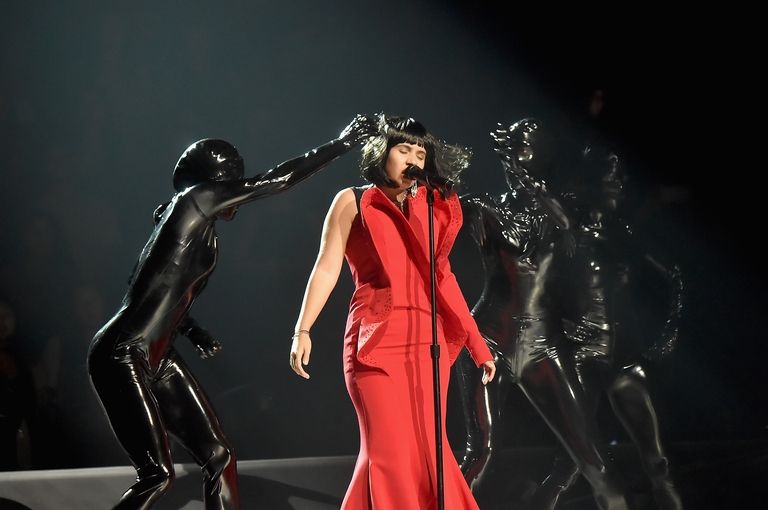Alcohol is the original nightcap, and for obvious reasons. It’s actually proven to help most people fall asleep. As Verma explains, it’s pretty effective, but only in the short term:
Alcohol shortens the time to fall asleep and arousal threshold changes (while under the influence little noises don’t wake you up). It wears off in the middle of the night so your arousal threshold changes. This is bad because little noises and things wake you up more and the second half of sleep is pretty low quality.
Essentially, alcohol is helping you get to NREM (N1) faster and it makes you more capable of ignoring environmental stimuli so you can doze off.
As Verma explains, however, the effects don’t last forever. Your body is still attempting to process the alcohol and remove it from your system.
According to Verma, alcohol can also cause REM sleep fragmentation, which disrupts your standard sleep cycle by extending or shortening the REM sleep stage. According to a study led by Richard B. Yules, MD, and published in the Archives of General Psychiatry, alcohol affected most sleep stages, especially the REM stage.
Participants were given a nightcap for five consecutive nights, followed by four recovery nights. Their REM sleep was depressed the first night, normalized over the next three nights, and then far exceeded normal levels each night until the fourth recovery night.
That kind of inconsistency can wreak havoc on your sleeping pattern because it can shorten some stages while extending others.
You could potentially waver back and forth between being half-awake and asleep, missing out on the restful NREM 3 (N3) deep sleep stages you need to recover from your daily activities. Other studies, like this one led by Laverne C. Johnson, Ph.D., and published in the Archives of General Psychiatry, reached a similar conclusion about alcohol and its effects on various sleep stages.
REM sleep, and the dreaming that occurs during that time, still remains somewhat of a mystery, but there are several hypotheses about REM sleep’s primary function. The editors of the journal Neuroscience briefly explain a few:
Francis Crick (of DNA fame) and Grahame Mitchison suggested that dreams act as an “unlearning” mechanism, whereby certain modes of neural activity are erased by random activation of cortical connections… By analogy, these “parasitic” modes of activity might be unwanted thoughts or erroneous information, which, if not expunged, could become the basis for obsession, paranoia, or other pathologies of thought that prevent the “system” from working as efficiently as it should. In a different vein, Michel Jouvet proposed that dreaming reinforces behaviors not commonly encountered during the awake state (aggression, fearful situations) by rehearsing them while dreaming. Yet another hypothesis is that REM sleep and dreams are involved in the transfer of memories between the hippocampus and neocortex.
Despite the mystery, researchers know that REM sleep is important, and any inconsistency in any sleep stage can throw all the other stages out of whack.
According to Verma, this can be especially troublesome for someone who is trying to quit smoking and likes to have a drink every night.
As Verma has told us in the past, consistency is the key to getting good sleep. Anything that alters that, despite the amount of time you sleep, can be harmful to your beauty rest.












